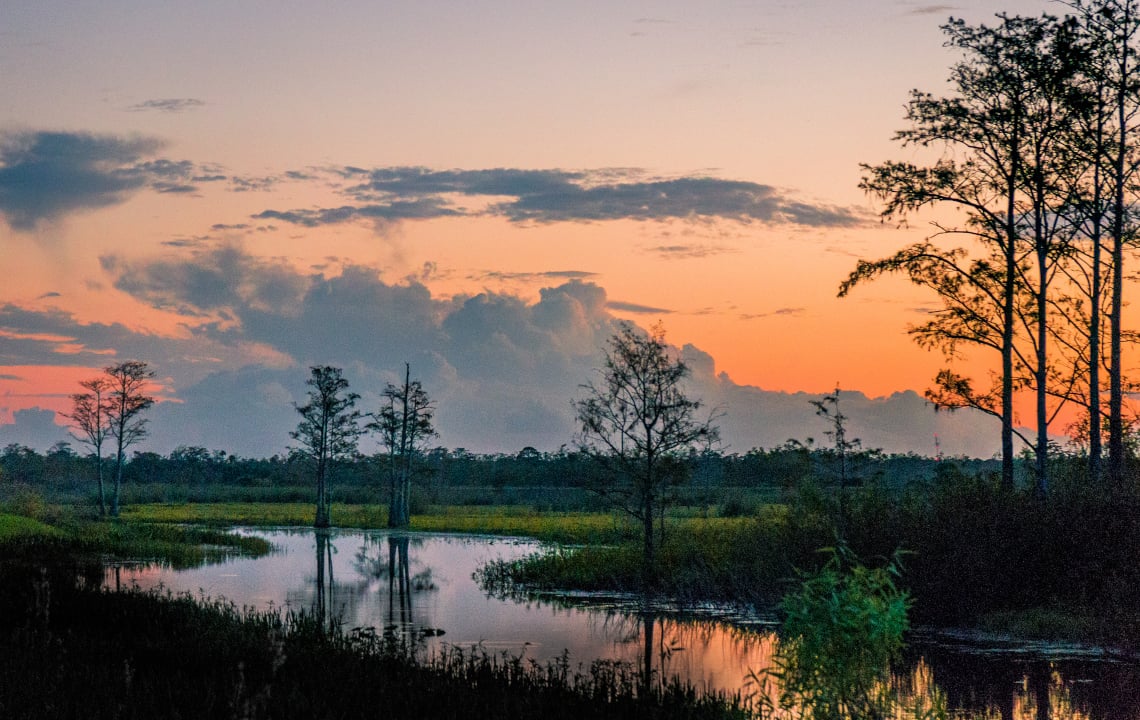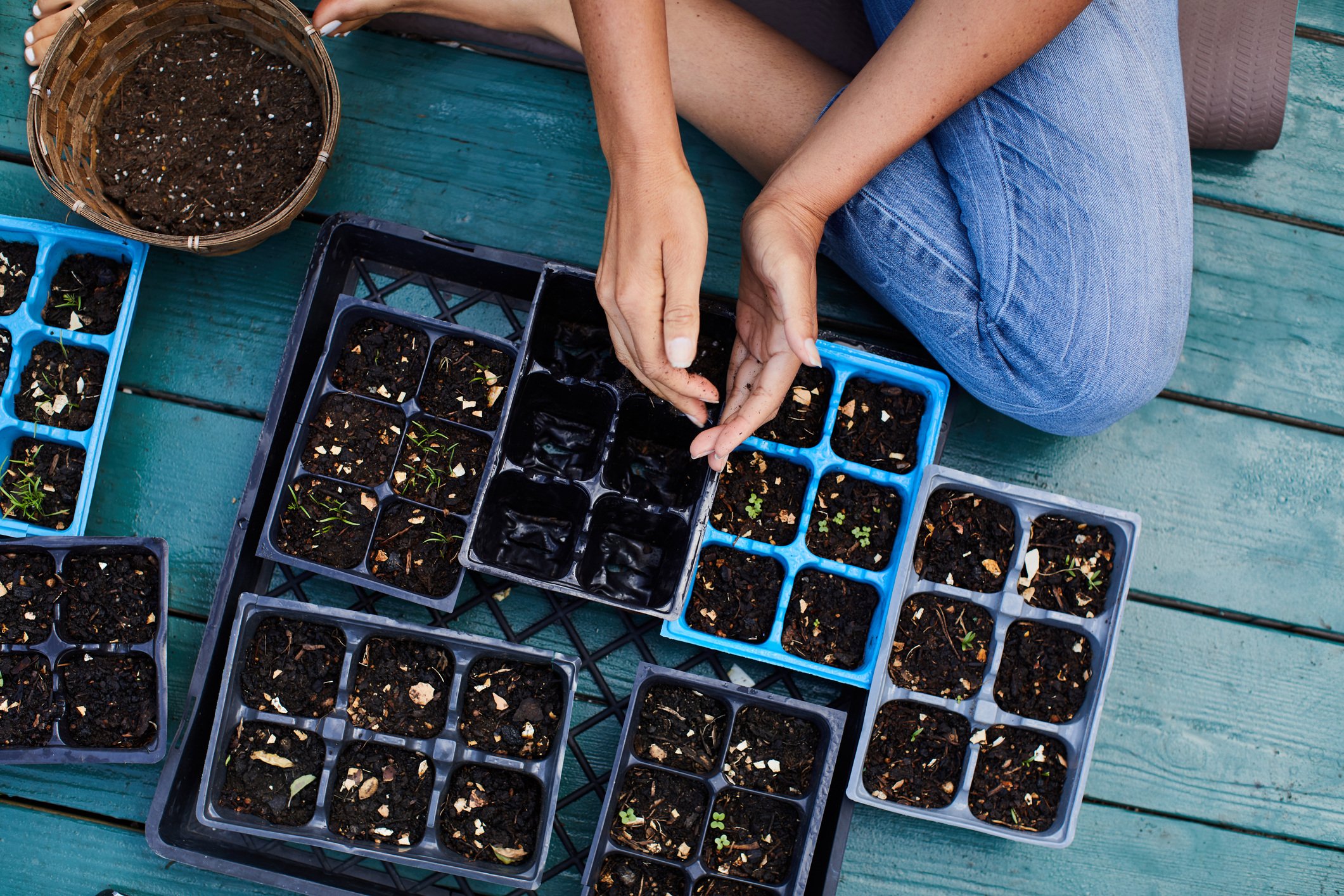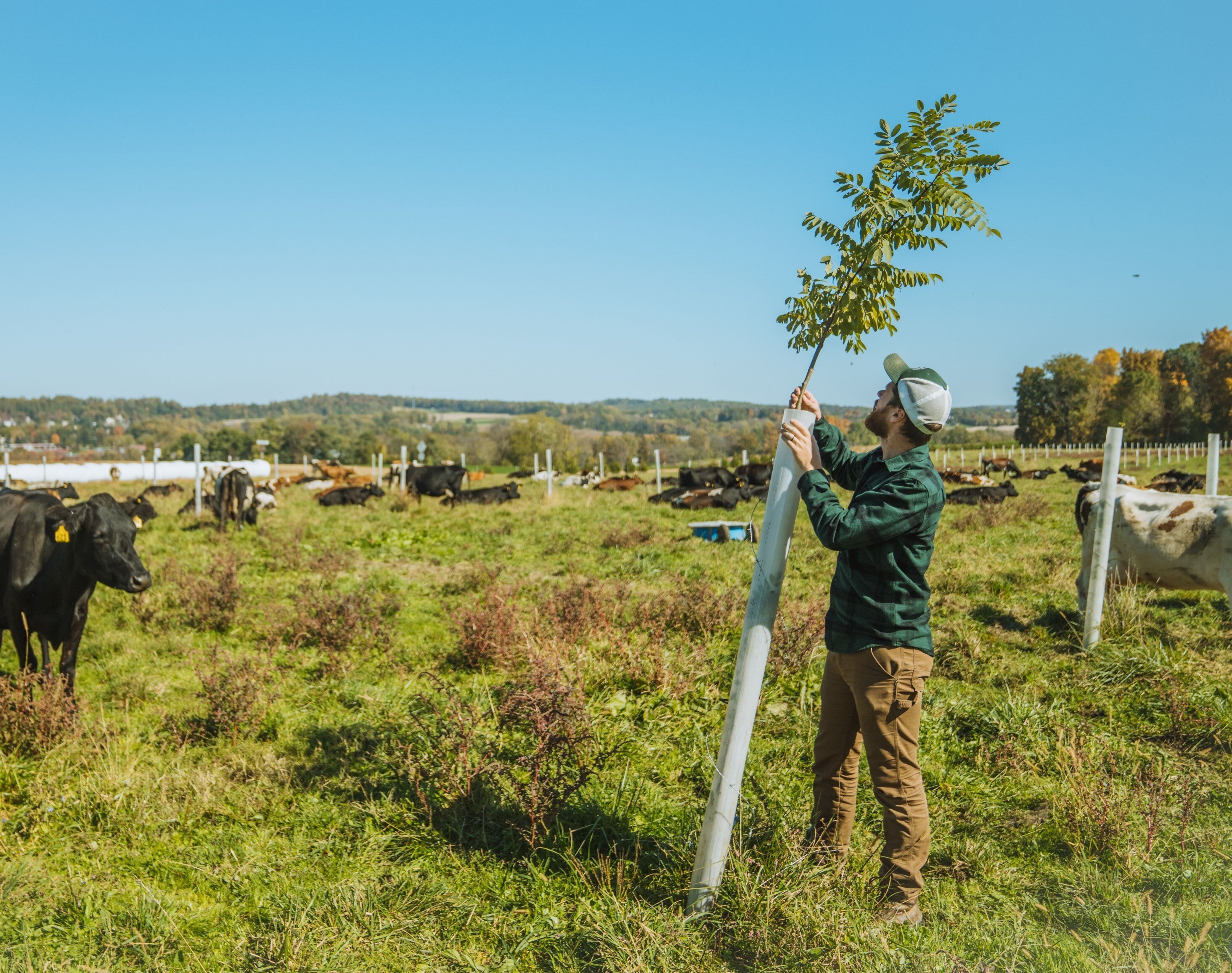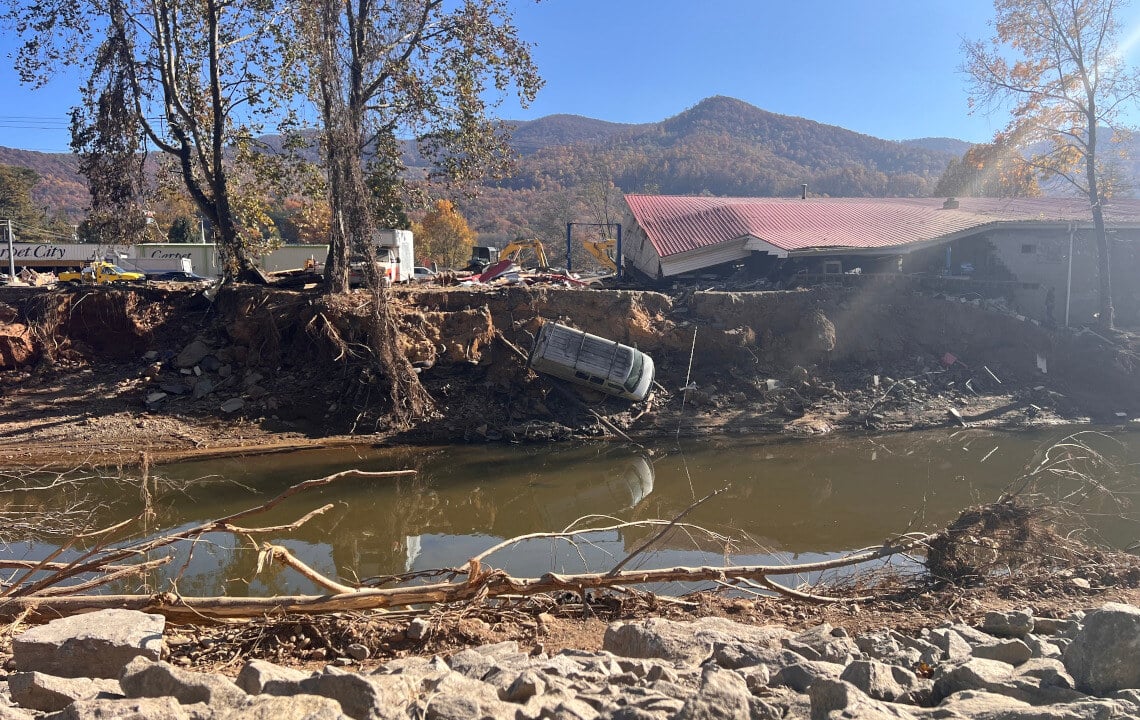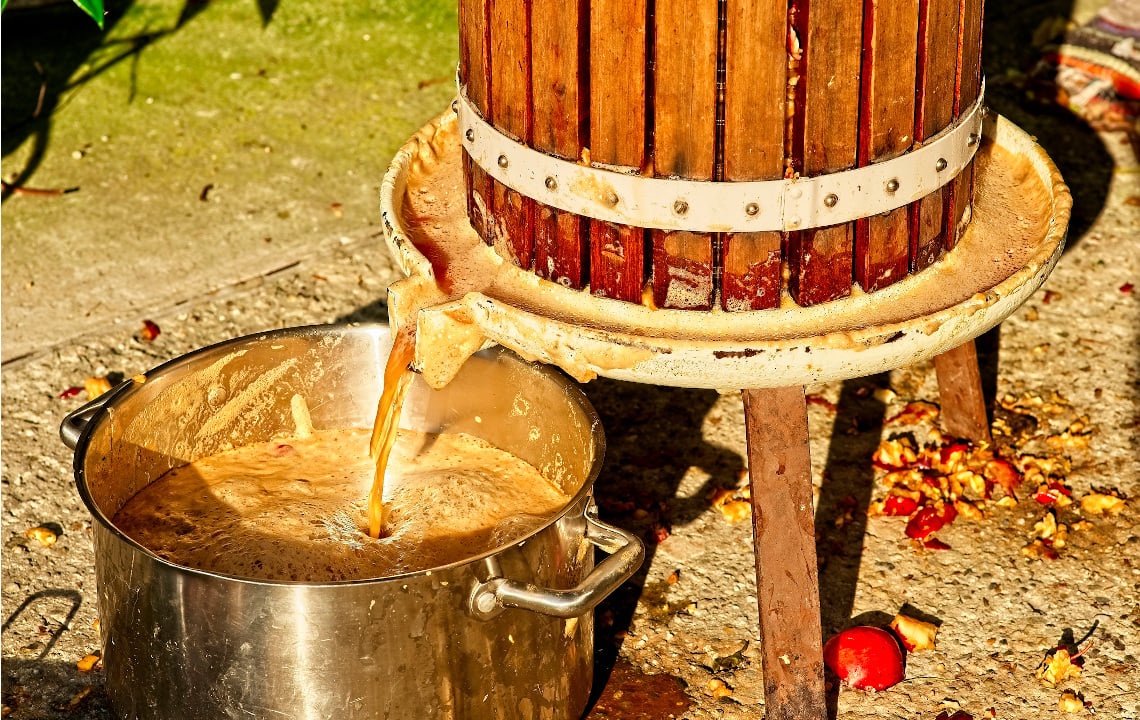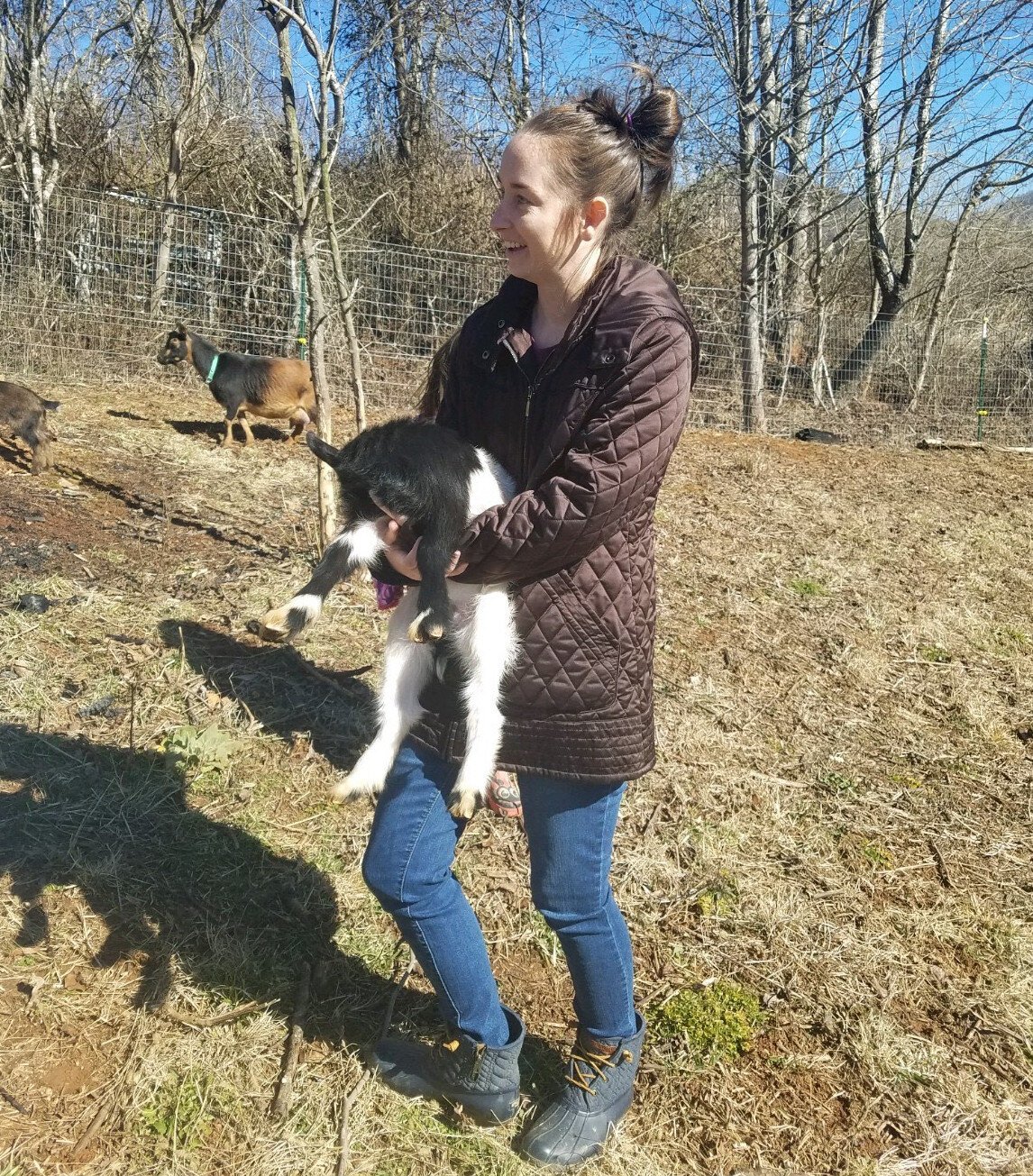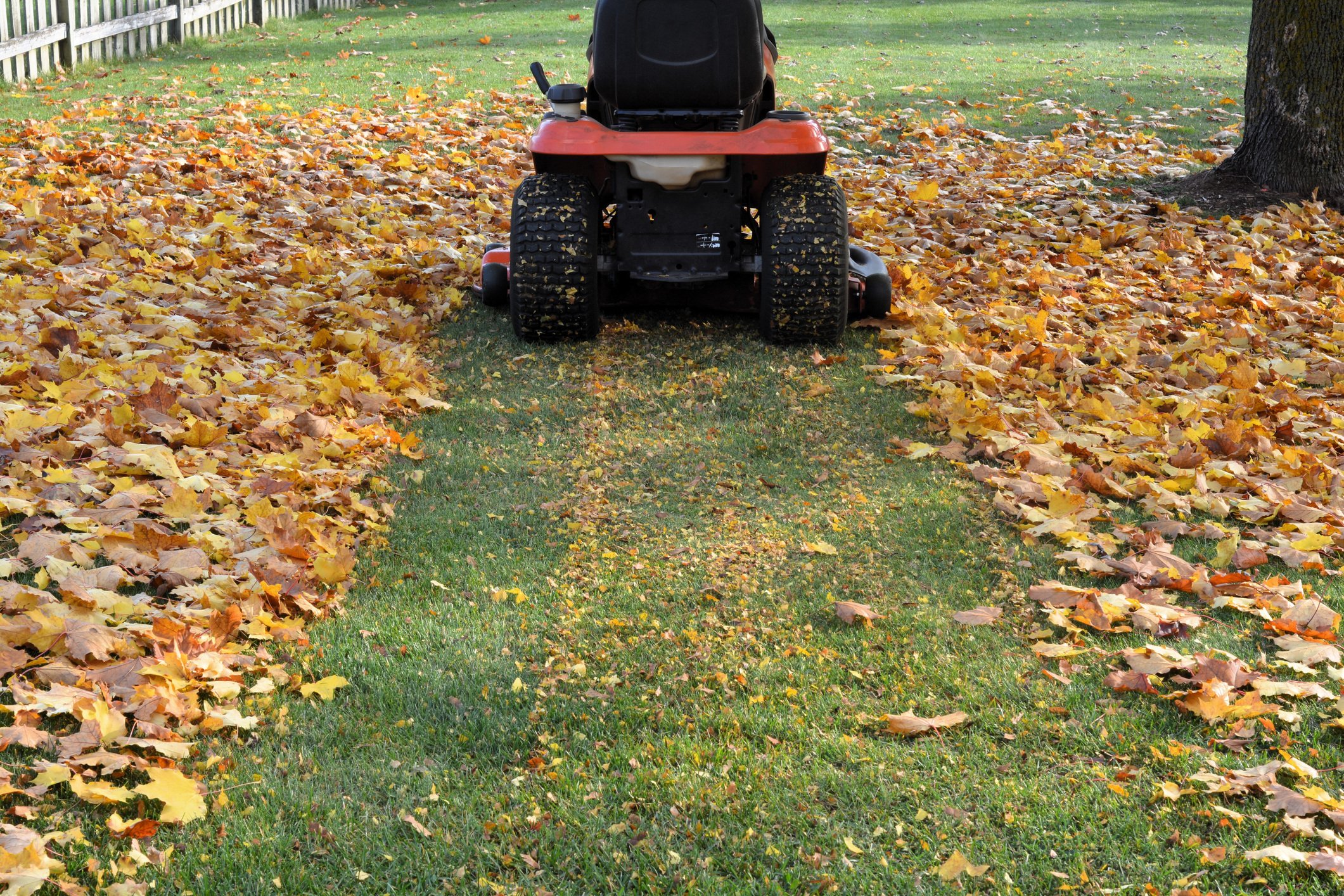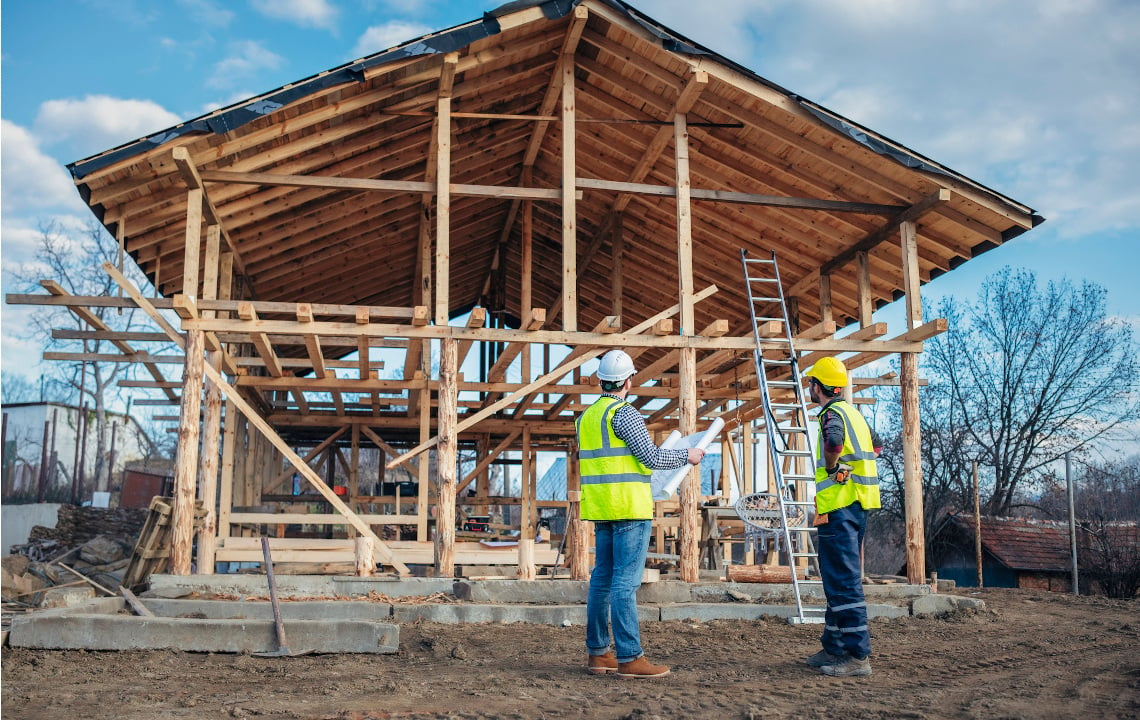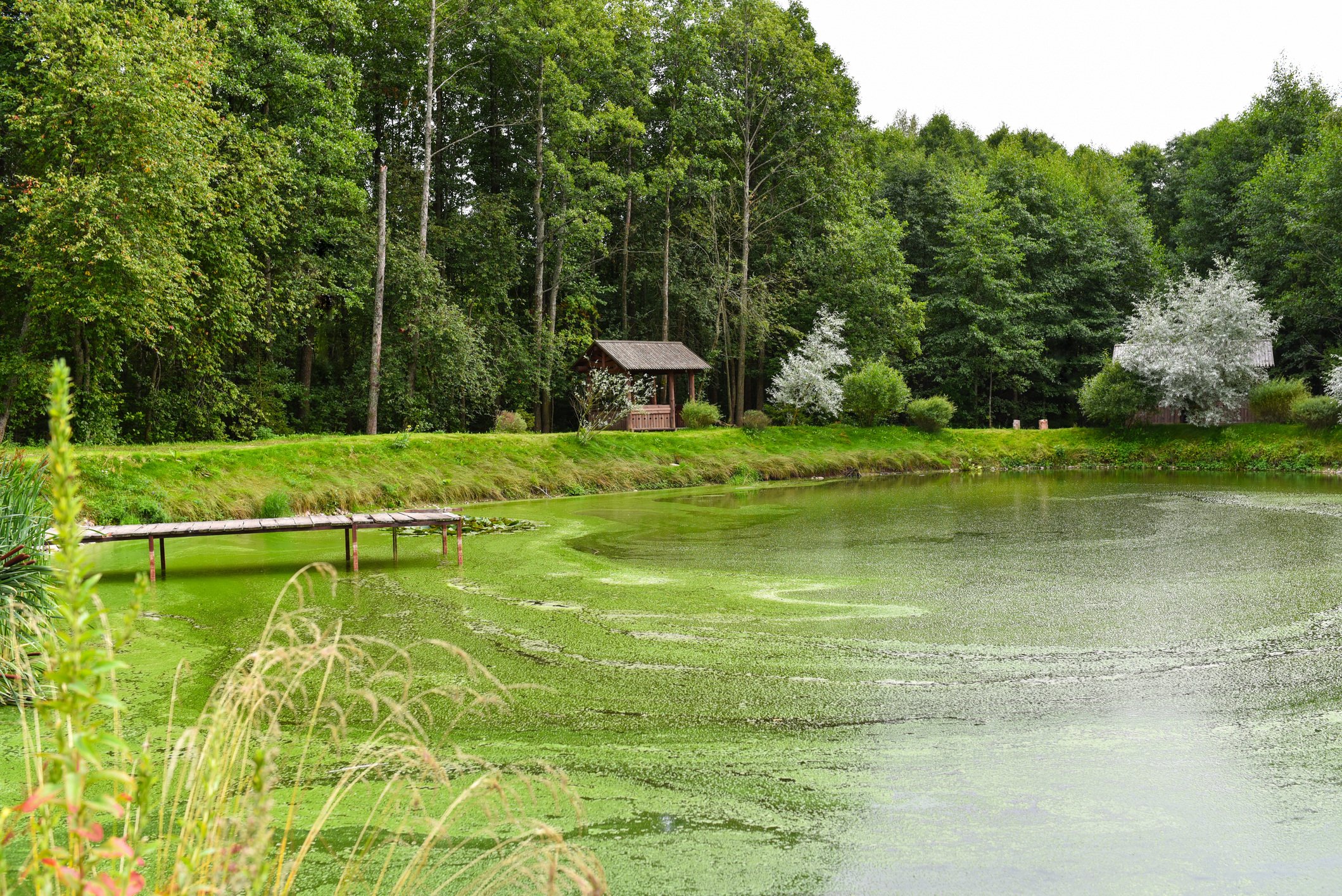If you’re looking for land for sale in Louisiana, you probably have a lot of questions. Local real estate and finance experts offer tips on how to approach the land-buying process in this two-part series.
Louisiana's coastal marshes, vast network of rivers, longleaf pine forests and the wildlife inhabiting these diverse ecosystems have helped the state earn its reputation as an outdoor recreation paradise.
It’s also an ideal place for agriculture. Growers throughout the state specialize in timber, rice, sugar, soybeans, corn and cotton.
As a place to enjoy the rural lifestyle, it’s hard to beat Louisiana.
But before you start looking for that perfect property, it’s important to be informed on state-specific trends and regulations.
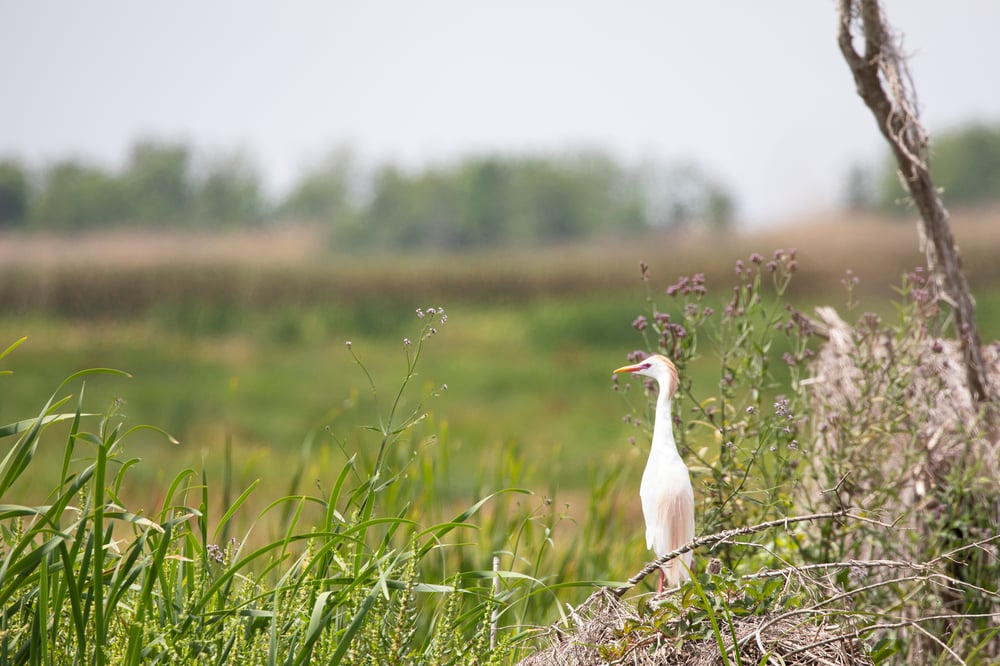
This is why we interviewed these Louisiana real estate experts to help guide you through the land buying process:
- Nathan R. Morrow, Associate Broker, Morrow Land Group, LLC in Lake Charles, Louisiana
- Kari G. Guidry, Real Estate Attorney at The Guidry Firm, LLC in Kinder, Louisiana
- Zachary J. Hamilton, Vice President of Lending at First South Farm Credit in Alexandria, Louisiana
We asked them to weigh in on the top questions you should be asking when buying rural land.
In Part 1 of this series on How To Buy Land in Louisiana, we'll cover:
- The average price of land in Louisiana
- The steps involved in buying rural land, including:
- Legal considerations
- Due diligence
- Survey
- Land inspections
- And more
- How long the land-buying process takes
- How to finance a rural land purchase in Louisiana
Here are their insights on costs, financing and more.
What Is The Average Price of Land In Louisiana?
In reality, land values are based on several factors and no two parcels are the same. Experts look at size, location, and use to determine property values.
In terms of data available on average land prices, Louisiana State University’s Agriculture Center publishes reports on market values.
The Ag Center uses surveys and reported sales to calculate an average cost “per acre” in each of Louisiana’s five geographic regions (Northeast, Southeast, Central, Southwest and Northwest).
But Nathan Morrow, our broker/appraiser expert, says that while these types of reports can serve as a starting point, most situations will require further research.
“Those reports are broad and the sample sizes aren’t very large,” Nathan says. “Land in rural Louisiana doesn’t transact at a high volume, so we have to go back a few years and look at sales.”
Most of the state’s parishes (Louisiana’s counties) have online databases that help assessors research land values based on prior sales. But having the guidance of an experienced land agent is crucial to understanding and interpreting that data.
“Many of [the parish databases] include sales information on the tax assessor sites,” Nathan says. “Sometimes that sale may include other properties, so we have to pull deeds and dig a little deeper. And then a lot of properties transact off-market. So to find good information, you have to know somebody.”

In addition to land sales data, experts assess property values based on the following factors:
- Size: Smaller tracts of land usually have a higher “per acre” value than larger properties
- Location: Properties closer to towns and cities are more expensive than those in remote areas
- Use: Properties with home sites are more valuable than recreational or agricultural land tracts
Size
Nathan hesitates to use the “per acre” term for Louisiana land but says buyers should expect to spend more on average for smaller properties.
“I would be surprised to see a [small] tract close to town for under $5,000 an acre,” he says.
“With larger tracts, there’s more of a discount.”
Many small rural properties are in the 3- to 5-acre range and can support home sites.
Location
For properties closer to town, it’s easier and less expensive during the building process to access utilities like water and electricity. This enhances the land’s market value from the outset.
In addition, these properties are in higher demand because they are within commuting distance for people who want to live outside town. (Many employees in Louisiana’s energy sector choose to commute from their homes in rural areas.)
Access is another important factor. Many buyers want to be in proximity to more options for schools, grocery stores, restaurants, airports, etc.
Use
Residential properties are assessed very differently than agricultural and investment properties. For timber investment properties, Nathan says:
“It’s important to break out the timber value and the dirt value. Dirt price varies by region—it depends on location and soil. We also look at proximity to mills and markets. All those factors affect how land is priced.”
The bottom line: it’s prudent to work with an experienced land broker. You can leverage their knowledge and network to ensure a sound investment.
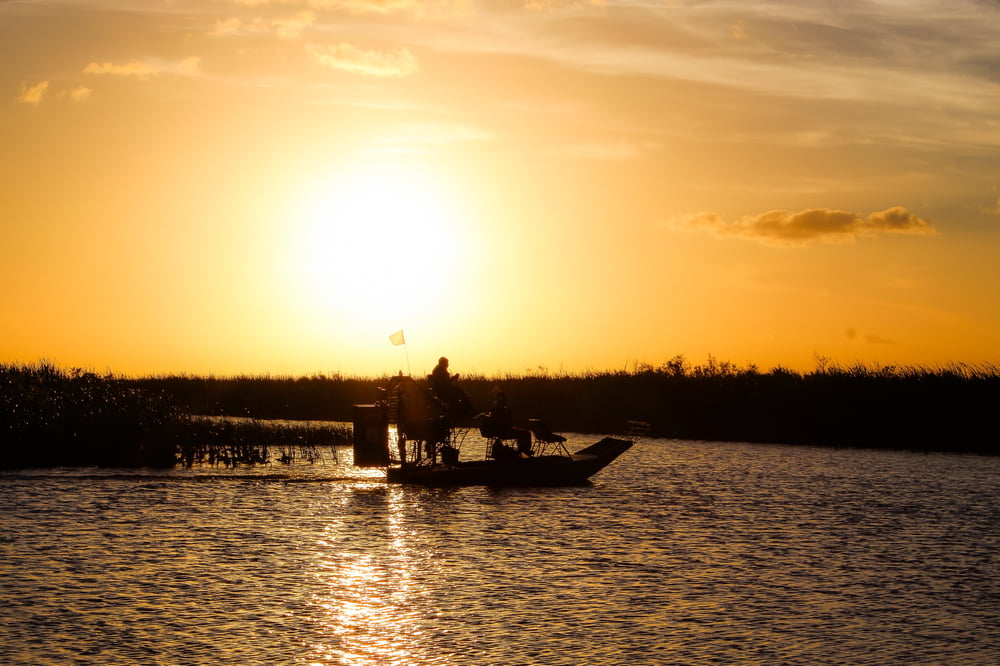
What Steps Are Involved In Buying Rural Land In Louisiana?
So you’ve found the perfect piece of land at a fair price and you’re ready to make an offer—what happens next?
Legal considerations
Kari Guidry, the real estate attorney we interviewed, says she hopes buyers will reach out to her early in the process.
“I like to consult with a client before they sign a purchase agreement. There are unique issues that folks do not consider,” says Kari. “Questions come up about access, for example. If the tract is landlocked, we may have to dig deep to find access across adjacent land, or possibly negotiate or litigate access with adjacent landowners. Another option is an adjustment of the sale price taking into consideration the risks associated with lack of access.”
Early on, it’s best to talk to an experienced real estate attorney about how you plan to use the property. It’s important to research any issues that may impact your ability to do what you want with the land (like farm or build a house).
This is also the time to apply for financing if you’re not paying cash for the land. Your lender and attorney will work together to help get you from offer to closing.
Due diligence
This is when buyers can do more research–and most lenders will have requirements about what documentation is needed for loan approval.
Survey
A survey will tell you exactly how much acreage you’re getting and where the property boundaries are located. Kari recommends a survey for most clients, especially if there isn’t an existing survey on record.
Buyers shouldn’t pay for 30 acres if they’re only getting 25. It’s best to have a professional survey which will also help with any future boundary disputes that may arise.
Physical inspection
While this can be a challenge with larger tracts of land, it’s important to physically inspect the property.
Keep an eye out for possible boundary encroachments and unexpected structures.
Buyers can also have contractors visit the property and help with quotes and planning for future building projects.
Wetlands issues
If there are wetlands on your property, they may be protected by state and/or federal laws. There may be requirements that landowners avoid or minimize any impacts on wetlands.
Kari says clients should think about whether they can use the property as-is or if they will need to mitigate potential effects due to wetlands designations.
Title Search
A title search is a thorough examination of the ownership record for the property.
“We have to make sure the title is clear—we scour public records for restrictions, easements, and servitudes,” Kari says.
The goal is to ensure a clear title and obtain a title insurance policy.
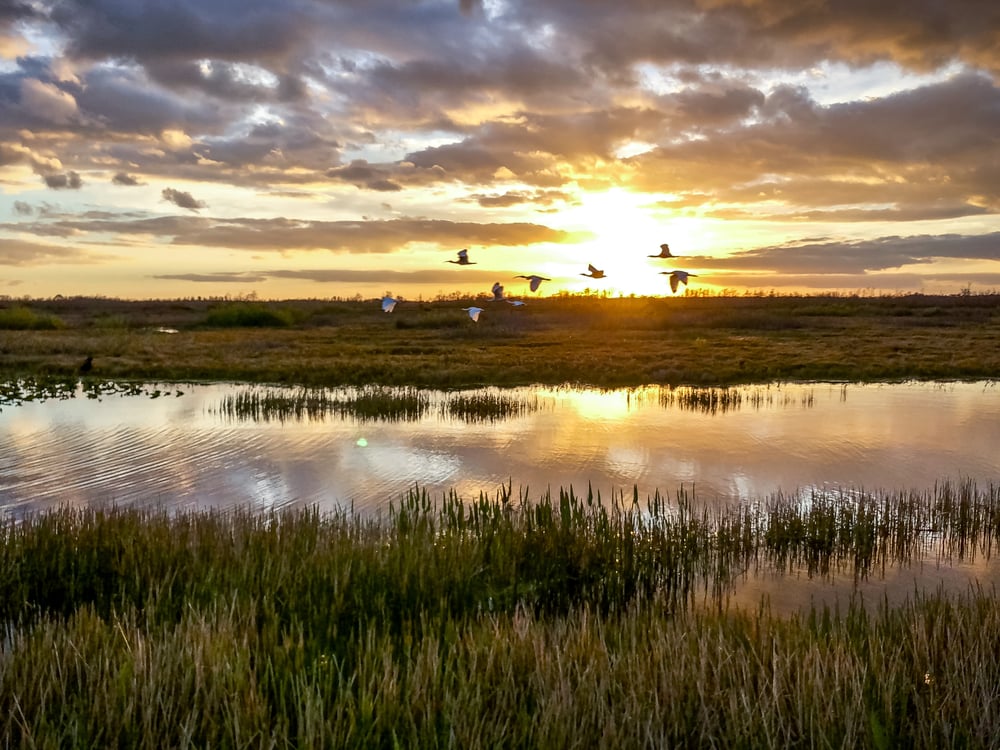
Appraisal
If you’re financing the property you will probably need an appraisal to determine market value.
“All of our loans require some level of appraisal,” says Zach, the lending expert we interviewed. “That can range from us doing it in-house to a third-party appraiser.”
Other considerations
Buyers can also use this time to research flood zones, school districts, zoning plans, and other public data that is often available on parish websites.
Once all of these steps are taken, the real estate attorney will finalize all of the documentation, process payments and taxes, and handle closing details.
How Long Does It Take To Buy Land in Louisiana?
On average, it takes anywhere from 30-90 days to close on a land purchase in Louisiana.
For cash purchases, buyers can close as early as 30 days after they submit an offer. Without a lender involved, there won’t be requirements for a survey, appraisal, or title search—all of which take varying amounts of time to complete.
In a cash transaction, the buyer drives the process. They decide how much to investigate during the due diligence period. (But the buyer should still consult with a real estate attorney who may suggest a survey, appraisal, etc. even for cash transactions.)
If the buyer needs to borrow money, the transaction will take more time. This usually takes about 60 days, but it can take longer depending on the complexity of the situation.
For example, lenders have their own rules as to when surveys and appraisals are required. If a specialized appraisal is needed, it may take time to get on an appraiser’s schedule.
In a worst-case scenario, our experts have seen some land deals take as long as 6 months to a year. This happens when there are issues with the title—that is, ownership of the property is unclear or complicated.
The most common situation is with family properties that haven’t been sold for decades. Sometimes this means tracking down far-flung family members who have ownership interests in the property, which can take time.
(When you buy from a company like Raydient Rural, the company has already ensured a clear title.)
In short, for most transactions, expect a six- to eight-week turnaround time from offer to closing.
How Do I Finance A Land Purchase in Louisiana?
While many commercial banks offer land loans, our experts suggest working with a farm credit cooperative.
Farm credit cooperatives are member-owned financial institutions that lend money for rural land purchases, country homes, agribusinesses, timber investment properties, and more.
These lenders have experience in rural land deals and can ensure everything runs smoothly. They often have in-house appraisers, for example, which can speed up the approval process.
And they can often compete with commercial banks on interest rates and other loan terms.
“An advantage over commercial banks is in the products we can offer,” says Zach, VP of lending at First South Farm Credit.
First South offers 30-year fixed interest-rate loans, for example, which Zach says is uncommon with commercial banks’ land loans. This helps borrowers avoid the risks associated with fluctuating interest rates over the long term.
And unlike many mortgage companies and banks, First South does not sell its loans to a third-party service provider after closing.
“We service borrowers for the life of the loan,” Zach says.
Borrowers also become stockholders/members of the association and receive a share of annual profits.
First South has many different types of loans—the best way to determine which will apply is to reach out to a lending officer.
“Once I know the particulars of the property—the size and the intended use—I can start tailoring the product to the customer,” says Zach. “A 10-acre rural home site is going to have vastly different needs than a 250-acre timber investment.”
For more on farm credit institutions, check out this article: How To Finance A Rural Land Purchase.
There is a lot to consider when buying land in Louisiana, and we're not done yet.
In Part 2, you'll learn more about the nitty-gritty details of how to buy land and turn it into a homesite in Louisiana.
Topics covered include:
- How to get utilities on a remote rural property
- Do mineral rights come with your property?
- Closing costs
- Insurance
- Tax Exemptions
- And the unique financial incentives of owning land in Louisiana
Look for land for sale in Louisiana. Click below to view available listings.


